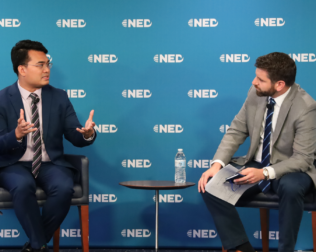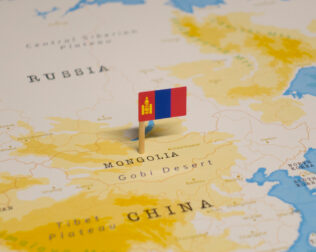
New Index Takes the Pulse of China’s Growing and Dynamic Foreign Influence
By Sarah Cook In just the past month, the Chinese Communist Party (CCP) added to its long …


By Sarah Cook In just the past month, the Chinese Communist Party (CCP) added to its long …

The growing trend of “foreign agents” laws have targeted prodemocratic civil society groups and activists around the world. …

With more than fifty national elections taking place during 2024, in countries that comprise more than half the …

In the Balkans, governing elites who benefit from partnerships with democratic states and participation in the E.U. integration …

By Batsugar Tsedendamba In 2024, nearly half the world’s population will cast their ballots in various national elections. …

Globally, democratic activists are confronting novel forms of digital repression pioneered by autocrats who increasingly share software, hardware, …